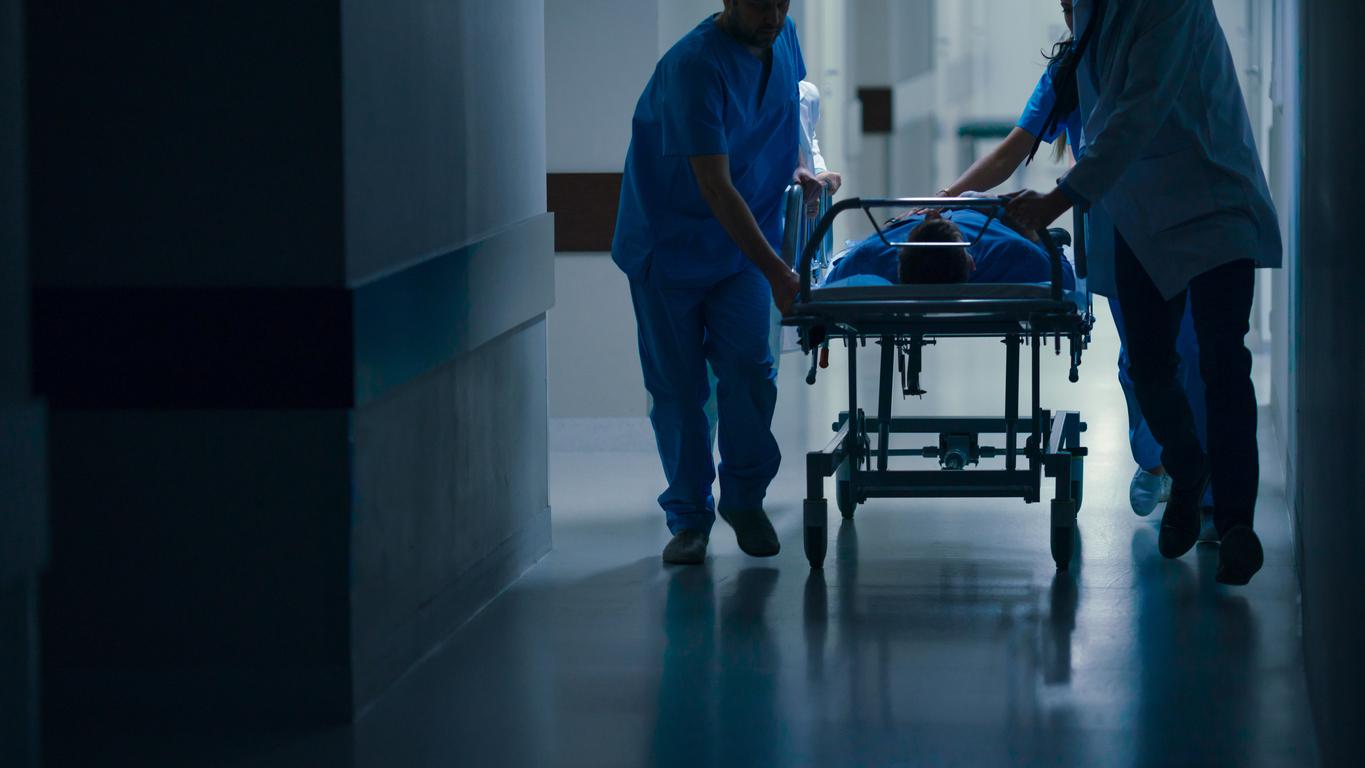July 3, 2002 – Children in hospital suffer from psychological damage several months after being discharged from the hospital. This is what underlines a Montreal study published in the pediatric journal Journal of Developmental and Behavioral Pediatrics.1
The researchers followed 120 children aged 6 to 17, half of whom were hospitalized in pediatric intensive care units and the other half in regular wards. After recording the details of the children’s hospitalization, including the severity of their illness and the number of invasive medical procedures they had received, they assessed their psychological well-being through a series of questionnaires six weeks and six months after discharge. the hospital.
The study authors expected marked differences with more psychological sequelae in children in intensive care and were therefore surprised to find similar results in the two groups. They then set out to find out which children were the most traumatized and why. It turned out that six weeks after hospitalization, the younger children and those who received more medical treatment experienced “medical” fears and suffered from post-traumatic stress disorder (nightmares, “unwelcome” thoughts, etc.). Although the number of their psychological problems decreased, six months after discharge from the hospital they were still subject to these fears. Young children also felt a decreased sense of control over their health.2
Medication could explain these surprising results. This is because sedatives and pain relievers are usually given to children in intensive care, which makes them calmer and lessens their pain. Children in general services also undergo multiple medical procedures without taking as many drugs and are therefore more aware of pain. The presence of a parent during an intervention that frightens the child also plays a decisive role, because it reassures him even if he is sedated. The response to hospitalization would therefore depend more on the child’s perception of the experience of his illness than on the department in which his stay takes place.
Élisabeth Mercader – PasseportSanté.net
According to Reuters Health, June 14, 2002.
1. Rennick JE, Johnston CC, Dougherty G, Platt R, Ritchie JA. Children’s psychological responses after critical illness and exposure to invasive technology. J Dev Behav Pediatr 2002 Jun; 23 (3): 133-44.
2. Newswise. Child’s Hospitalization May Heal Body but Hurt Mind. [Consulté le 2 juillet 2002]. http://www.newswise.com/articles/2002/6/KIDHOSP.HBN.html















